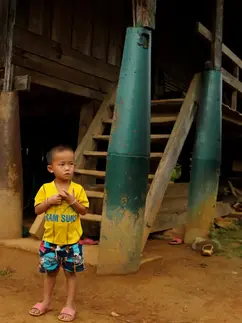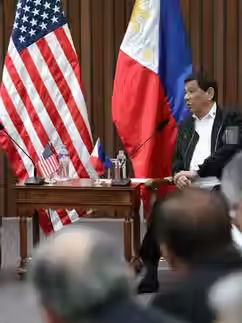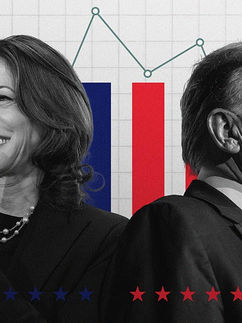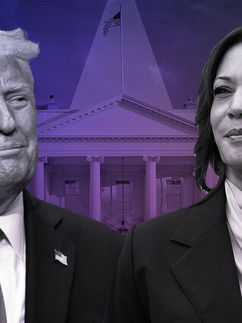Book Review - Turkmen Alabay by President Gurbanguly Berdymukhamedov

Samuel Garrett
Turkmen President Gurbanguly Berdymukhamedov is a prolific author. In 2020, he published The Spiritual World of the Turkmen, the 53rd book he has written during his 13-year authoritarian rule. While we await with anticipation the official translation of The Spiritual World of the Turkmen, enjoy this review of Turkmen Alabay, Berdymukhamedov’s 2019 book on the Alabai dog, in recognition of his unveiling of a 6m golden statue of an Alabai in Ashgabat this year. Turkmen Alabay is a 272-page exploration of every facet of the Alabai dog and its connections, both historical and spiritual, with Turkmenistan. The book offers an engaging history of the Alabai, including a period when Alabai were hunted for their fur under the Soviet Union. Its pages are replete with drawings of idyllic traditional Turkmen life and dozens of images of Alabai out in nature, often appearing with the President himself. Berdymukhamedov paints the Alabai as an embodiment of Turkmen values of bravery, courage and loyalty, while offering such insightful thoughts as “All living beings are alive from a point of view of physiology”. Alabai clearly maintain a significant position in Turkmen cultural history, and the book describes in detail their apparent role in shaping Turkmenistan’s national identity. Berdymukhamedov uses the book as a jumping-off point for broader reflections on Turkmen life, weaving in idiomatic wisdom and Turkmen proverbs to reaffirm the present structure of Turkmen society and the “justice and inviolable principles of democracy” supposedly enshrined in the constitution. In Berdymukhamedov’s telling, Turkmenistan is on the verge of breaking onto the world stage and is being applauded internationally for its wisdom and virtue. He also writes variously of the importance of ensuring a strong supply of thoroughbred dogs, expresses dismay at the common name ‘Central Asian sheepdog’ erasing the Alabai’s Turkmen roots, and provides notes on Alabai puppy development. Naturally, he can’t resist name-dropping a few of his own policies, such as a proposal for a new specialised veterinary centre near Ashgabat. As the 272 pages begin to wear on, however, one begins to wonder about the priorities of a president who has apparently averaged a book every three months for the past 13 years. Turkmen Alabay’s overtly spiritual approach mirrors the tone taken in a number of Berdymukhamedov’s recent works. Analysts have suggested that this represents a change in strategy from previous writings which emphasised Turkmenistan’s material wealth and prosperity, given the severe economic crisis the country now faces. The book clearly serves to support the creation of a national mythos, with constant emphasis on the country’s independence and neutrality. Berdymukhamedov ends the foreword with the worthy prayer “May the light of prosperity and happiness illuminate our Motherland”. After a tumultuous year, in which Turkmen authorities have continued to deny the presence of COVID-19 in Turkmenistan and the Turkmen people have suffered from intense poverty and food shortages, Berdymukhamedov’s words ring somewhat hollow.
Free access to translated copies of Berdymukhamedov’s writings can be found, courtesy of the Turkmen government, at https://www.neutrality.gov.tm/library/en
This article was originally published in YDS' end of year Special Edition, '2020'. The Special Edition can be accessed here.
Samuel Garrett is the Young Diplomats Society’s Regional Correspondent for South and Central Asia, and a student of Arabic and International Relations at the University of Sydney.

















댓글